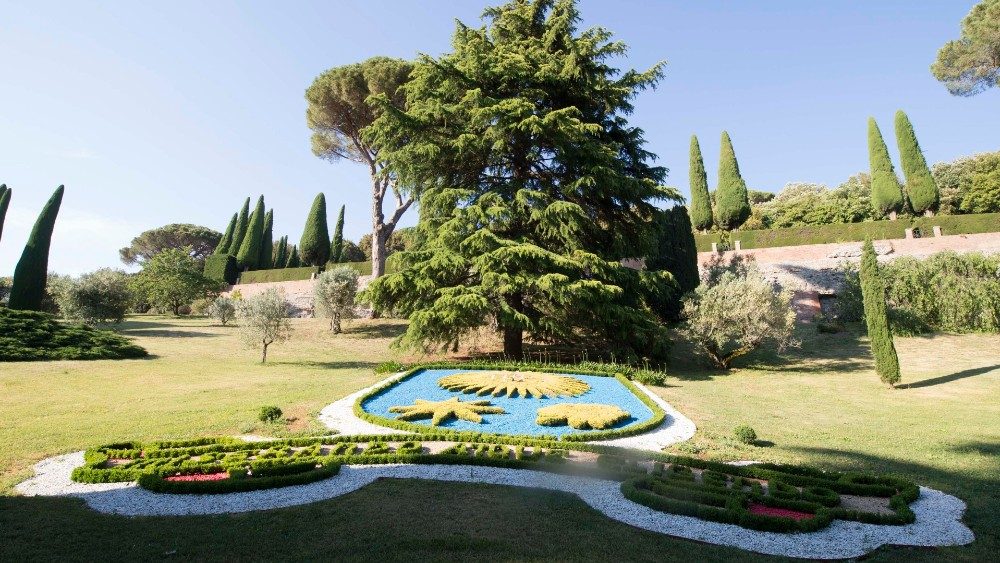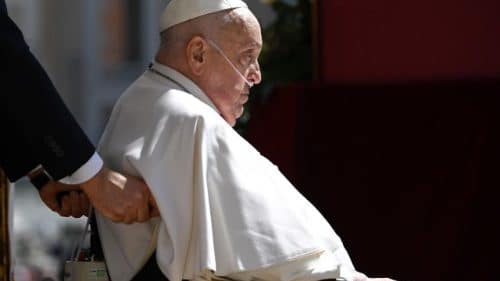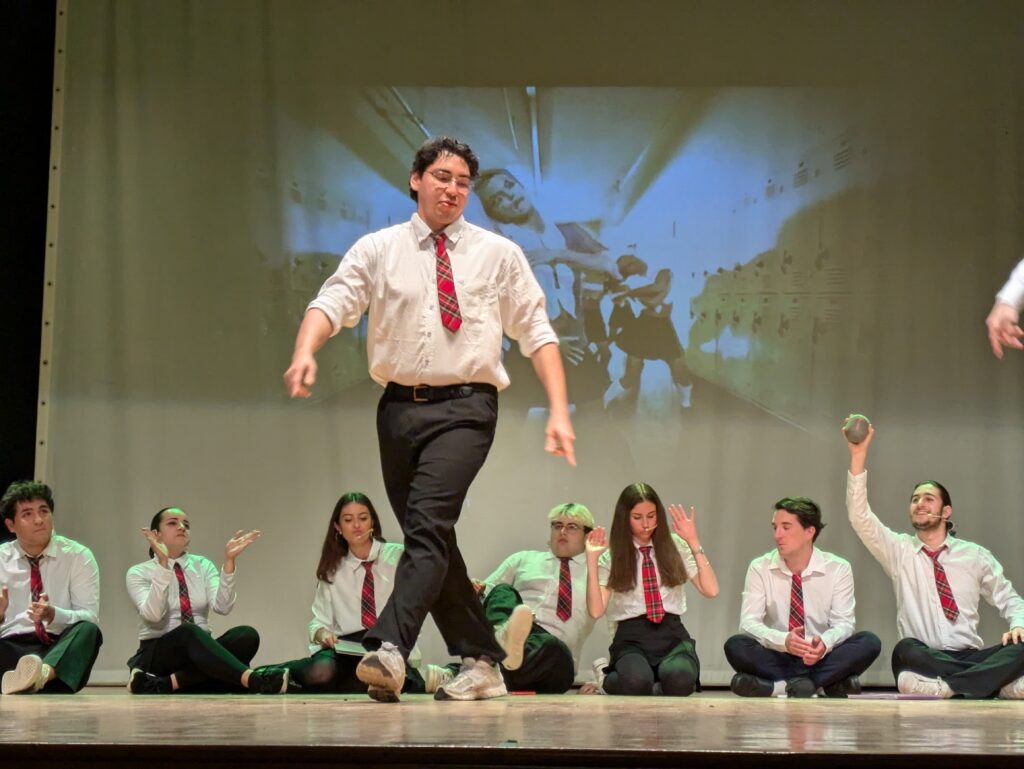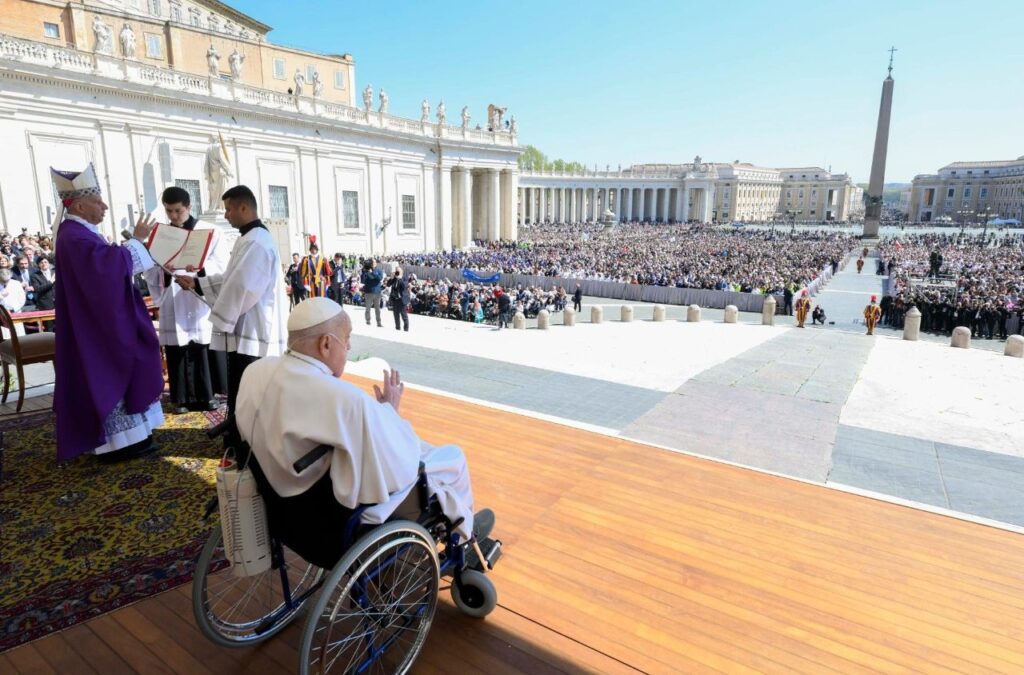Pope Francis launches the “Laudato si’ Village
Integral ecology workshop in Castel Gandolfo

PRESS RELEASE
The Holy Father is launching the “Borgo Laudato Si’” Project for education in integral ecology at his residence in Castel Gandolfo. The project is entrusted to the Laudato Si’ Centre for Higher Education.
The Holy Father wished to make a tangible contribution to the development of ecological education by opening a new space for training and raising awareness at his residence in Castel Gandolfo. Thus the “Borgo Laudato Si’” Project was born, enjoying the beauty of the Villa
Barberini gardens and the Papal Villas as the natural setting for developing a centre for education in integral ecology, open to all people of good will. The activities and initiatives to be implemented in the coming months aim to combine training in integral ecology, circular and generative economy, and environmental sustainability. The Borgo Laudato Si’ seeks to serve as a concrete sign of applying the principles masterfully illustrated by Pope Francis in his Encyclical Letter Laudato Si’.
The Holy Father has decided to entrust the development and implementation of the Borgo Laudato Si’ Project to the Laudato Si’ Centre for Higher Education, as “a scientific, educational and social organisation, working for integral formation.” It will be up to the Centre to translate this significant intuition of Pope Francis into concrete action over the coming months.
The Borgo Laudato Si’ will benefit from the marvellous natural and historical heritage of the Pontifical Villas, which it is committed to protecting and developing with loving care, so as to accompany educational investment with a consistent dedication to promoting a culture of care (cf. Pope Francis, Message for the LV World Day of Peace 2022).
With the two chirographs published today on the website of the Governorate of Vatican City State, the Centre for Higher Education is established, the Borgo Laudato Si’ Project is launched. The documents also identify those who are responsible for each. (https://www.vaticanstate.va/it/statogoverno/legislazione-e-normativa/norm-general.html)
As the introduction to the decree states, “Caring for our ‘common home’ is a way of taking responsibility for our neighbour, and at the same time recognising the infinite beauty of God and contemplating the mystery of the universe. In order to awaken in each person the desire to fulfil this duty, in the Encyclical Laudato Si’ [LS] I recalled the example of St Francis who manifested a particular respect for the creative work of God, considering it inseparable from caring for the least of our brothers and sisters and those who have been abandoned (cf. LS, 10).”
The Holy Father has repeatedly emphasised how the context of the world today presents a whole series of challenges concerning the care of our common home. The many alarm bells that scientists all over the world keep sounding are signs that the wrong path has been taken, leading humanity towards paths that do not correspond to God’s plans: setting us out on horizons of destruction and ruin. The divine plan has as its ultimate goal the full development of our one common family in our common home.
There is a need for an authentic ecological conversion, which translates into “new convictions, attitudes and forms of life” (LS, 202). This conversion necessarily passes through an ecological education, “forming consciences inspired by sharing our goods, respecting the dignity of each person, and working and giving with gratuitousness.”
Related

Pope Francis silently prays before St. Pius X in the heart of the Vatican
Exaudi Staff
10 April, 2025
1 min

“Highway to Heaven” Arrives in Rome: Carlo Acutis’ Musical Evangelizes with Art and Heart
Exaudi Staff
09 April, 2025
2 min

Pope Francis’ Catechesis: The Rich Man. Jesus “Looked at Him with Love”
Exaudi Staff
09 April, 2025
4 min

Francis is recovering: progressing progressively
Exaudi Staff
08 April, 2025
2 min
 (EN)
(EN)
 (ES)
(ES)
 (IT)
(IT)

